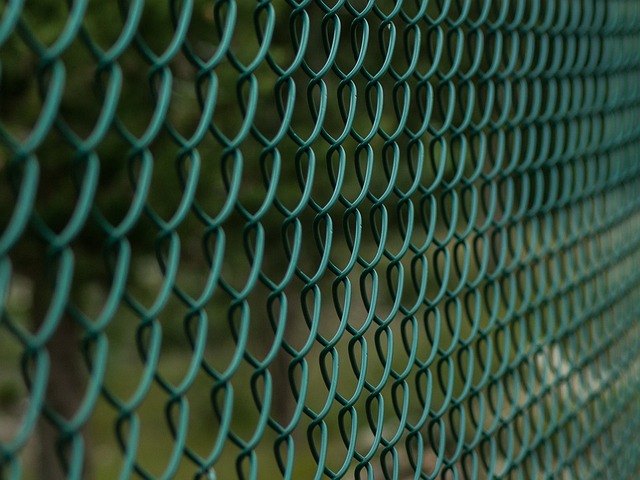Maintaining a privacy fence is essential for New Bedford homeowners, ensuring both aesthetics and functionality. This guide offers valuable insights into the art of upkeep, catering to various fence types. We’ll delve into understanding your fence’s unique needs, emphasizing regular cleaning and meticulous inspection as cornerstones of effective maintenance. Furthermore, we’ll explore critical repairs, seasonal care tips, and expert advice to ensure your privacy fence remains a robust barrier, enhancing your outdoor space year-round.
- Understanding Your Privacy Fence's Needs
- Regular Cleaning and Inspection Procedures
- Key Repairs and Maintenance Tasks
- Seasonal Care Tips for Optimal Durability
Understanding Your Privacy Fence's Needs
Privacy fences are an essential addition to any homeowner’s outdoor space, offering a sense of security and seclusion. For New Bedford residents, maintaining this valuable asset requires a thoughtful approach. First, assess your fence’s design and materials. Different types of privacy fences, from wooden to vinyl, have unique care requirements. Understanding the specific needs of your fence ensures you can provide the right level of attention.
Regular cleaning is key, using gentle detergents for wood or following manufacturer instructions for synthetic materials. Inspection for any signs of damage, rot, or wear is crucial, addressing issues promptly to prevent further complications. Pruning nearby plants and trees is also vital to maintain your fence’s appearance and integrity, ensuring unobstructed views and preventing overgrowth that could cause structural problems.
Regular Cleaning and Inspection Procedures
Regular cleaning and inspection are essential components of maintaining your privacy fence. Start by sweeping or brushing away any loose debris, leaves, or grass clippings at least once a week. This simple step prevents buildup that can attract pests and deteriorate the fence’s finish. Inspect your fence for any signs of damage, such as broken boards, loosened posts, or rusted hardware. Address these issues promptly to prevent them from escalating.
Use a mild detergent and a soft-bristled brush to clean the fence every few months, removing any stains or dirt that have accumulated. Avoid using harsh chemicals, as they can damage the material and finish. Keep an eye out for any signs of rotting, especially in wooden fences. Regular maintenance will ensure your privacy fence not only looks its best but also remains functional and secure for years to come.
Key Repairs and Maintenance Tasks
Privacy fences are an essential part of your home’s outdoor space, providing a sense of security and seclusion. To keep your new Bedford fence in top condition, regular maintenance is key. Start by inspecting it for any signs of damage such as broken or missing boards, loose posts, or rot. These issues should be addressed promptly to prevent further deterioration.
Common repairs include replacing rotten or damaged wood, tightening loose hardware, and securing any sections that have come loose from their posts. Regular cleaning with a pressure washer will remove dirt and debris buildup, enhancing the fence’s appearance and longevity. Also, keep an eye out for overgrown vegetation that could be damaging the fence structure and trim it back accordingly.
Seasonal Care Tips for Optimal Durability
Regular seasonal care is crucial for maintaining the optimal durability and longevity of your privacy fence in New Bedford. During the spring, clean your fence thoroughly to remove any debris or buildup from the winter. Inspect it for any damaged sections, rot, or loose boards, making repairs as needed to prevent further deterioration. Applying a fresh coat of weatherproof sealant or paint can also enhance protection against the elements.
In preparation for winter, consider treating your wood fence with a water-repellent sealer designed for outdoor use. This step creates a barrier between moisture and the wood, preventing rot and mold growth. Additionally, securing loose posts or panels will ensure your fence remains sturdy during harsh weather conditions, maximizing its lifespan.
